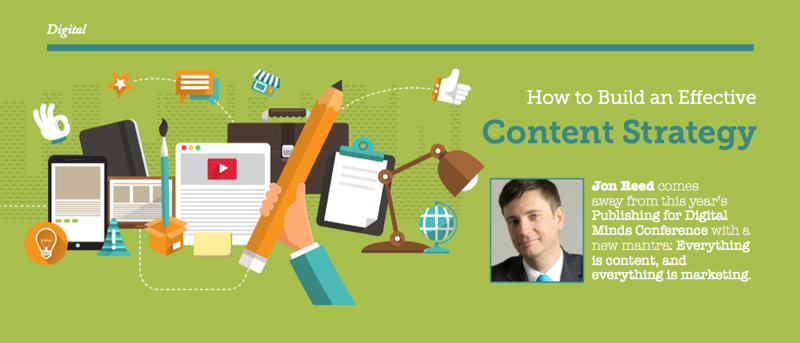Free or Fee? Valuing Content in the Digital Era – Part 2
Suzanne Kavanagh is Publishing Sector Manager for Skillset, the Sector Skills Council for Creative Media in the UK. Follow her on Twitter at @sashers.
The cost of free books: who pays for ‘free’?
The second and final panel discussion at the recent Free or Fee 2010 conference was designed to explore the cost of free books, with presentations from Duncan Campbell of Wiley-Blackwell, Chris Meade from if:book, Frances Pinter from Bloomsbury, and Henry Volans of Faber Digital.
Campbell started by presenting what he considers to be 5 critical points to remember in the free or fee digital content debate – particularly worth bearing in mind when considering the challenge that the Open Access movement has on demand for research that is traditionally published in journals.
- free to consume does not equal free to produce
- free is always paid for by someone (else?) somewhere
- free doesn’t necessarily lead to paid
- free to consume doesn’t necessarily mean copyright free
- free doesn’t equal end of publishers. There is still a need for registration, discovery, validation and archiving.
 Chris Meade made an impassioned plea for us to consider it from the reader’s perspective: books will become just “stuff” and you won’t be able to continue charging for them. So the focus needs to be on the quality of content: it’s about literature, paper doesn’t matter!
Chris Meade made an impassioned plea for us to consider it from the reader’s perspective: books will become just “stuff” and you won’t be able to continue charging for them. So the focus needs to be on the quality of content: it’s about literature, paper doesn’t matter!
Critical to this is teaching children the value of literature. Without that, they won’t want our content, regardless of format. Literacy is key and the asset is the quality of the engagement, not the stuff on shelves. If you focus on this, then ways to make money will emerge.
Frances Pinter provided an insight from the approach they are taking using Creative Commons licences at Bloomsbury Academic. They are experimenting with the idea that free promotes sales rather than cannibalises. Print is supplemented by different levels of add-ons such as metadata, content, rich media, that institutions will be prepared to pay for in addition to the printed copy.
Will it work? She thinks so for certain kinds of books. And someone does have to pay somewhere for it. You can see more of her in action at the O’Reilly Tools of Change conference in this video.
Henry Volans, Faber & Faber’s Head of Digital Content provided an alternative view from one of the late-comers to the digital party. He feels the trade sector still lags far behind other areas of publishing, it is an immature and new market. He shared the results of Faber’s “pay-what-you-like” experiment, a Radiohead-esque model of asking readers to decide what they wanted to pay for a novel.
In a moment of refreshing candour, he admitted most people chose to pay nothing. But of those who did, the average price was £5. Not a bad result and the publicity generated was invaluable.
For Faber, while free digital content doesn’t currently make sense as a business model, it is being used successfully as a marketing tool. They are open to seeing how things develop.
The panel concluded that while boxes around industries are dissolving as everything can be viewed through one device, publishers need to think clearly rather than just tinker with their own model.The traditional linear model of author-to-publisher-to-retailer-to-consumer no longer holds true. Agile project management, reflexive and responsive ways to develop projects and the ability to adapt to change are essential.
The industry needs to learn how to build, develop and fail fast so it can learn and move on. We need to move quickly, but think deeply.
Useful links
- Free or Fee? Valuing Content in the Digital Era – Part 1
- Free or Fee 2010 conference website
- Free or Fee 2010 photostream on Flickr
Have you attended a publishing event that you would like to report on and share with the Publishing Talk community? Let us know.

![Reblog this post [with Zemanta]](http://img.zemanta.com/reblog_e.png?x-id=4812d5c0-acec-4619-9ae2-a7531e3cfa5d)

The book is not the end of the story.
For many of us the books we write are marketing tools and the means by which we build reputation and credibility in our marketplace. Thus, if we earn a few pounds in royalties on them, or give them away free, there’s not a lot of difference.
It’s what comes next that’s important … and it’s the business opportunities generated by books that really matter.
Can the publishing world and business people co-operate more on this one? It would benefit us all.